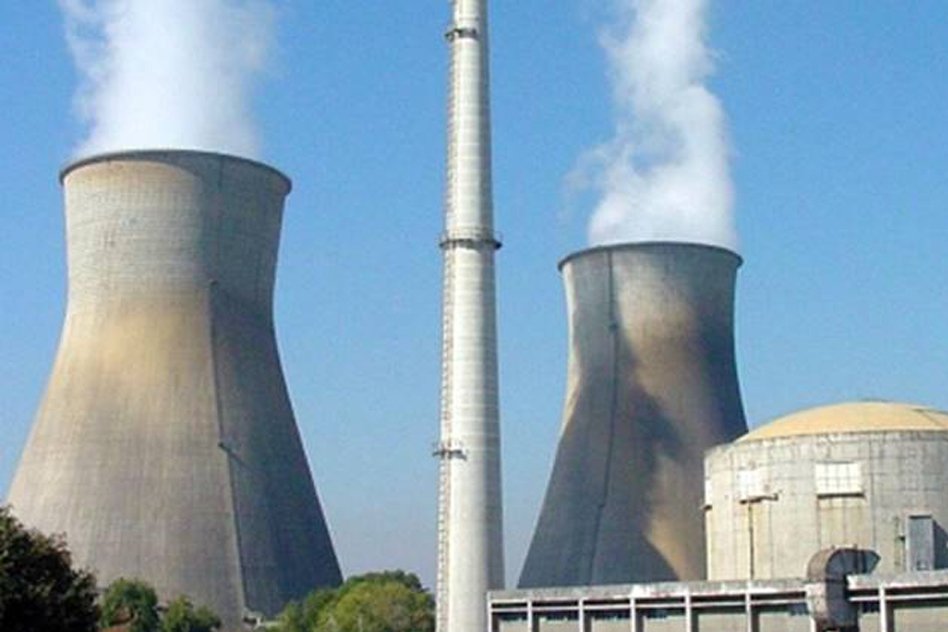Image Courtesy: indianexpress
Shutdown Again
Kakrapar Atomic Power Station (KAPS) in Gujarat went into automatic shutdown after a heavy water leak in the reactor’s primary heat transport system. A rupture in the coolant system of one of the nuclear reactors in Gujarat on Friday morning forced the authorities to indefinitely shut down the plant.
Some of the past incidents of shutdown
Potential health hazards – Kalpakkam as an example
A study funded by the DAE and executed by an NGO called ASPIRE, however, did a comparative study between 22 villages within an eight-km radius of the plants at Kalapakkam and three villages 50 km from the plant. The full report said the morbidity rate in nearby villages is two to three times higher than distant villages.
“Cancer was the leading cause of death for the 3,887 health-related deaths in the atomic energy hubs across the country between 1995 and 2014.” – according to an RTI filed by Chetan Kothari
Europe’s push towards renewables
Denmark set a new world record for wind production in 2014, getting 39.1 percent of its overall electricity from the clean energy source. The latest figures put the country well on track to meet its 2020 goal of getting 50 percent of its power from renewables.
In the UK, wind power also smashed records in 2014, as generation rose 15 percent from 24.5 terawatt-hours (TWh) hours to 28.1 TWh.That’s more than any other year, and the country now generates enough wind energy to supply the needs of more than 6.7 million UK households.
Renewable energy was the biggest contributor to Germany’s electricity supply in 2014, with nearly 26 percent of the country’s power generation coming from clean sources. That’s according to Berlin-based think-tank Agora Energiewende.
Windy conditions in Ireland meant the country saw not one but two wind energy records set already this year. According to figures record by EirGrid on Wednesday (Jan. 7), wind energy had created 1,942 MW of energy, enough to power more than 1.26 million homes.
India’s potential
MNRE set the target for Wind Power generation capacity by the year 2022 at 60,000 MW. It is estimated that only 3% of the total wasteland available in a state is used for development of solar power projects. Rajasthan, with its healthy resource of solar radiation and availability of vast tracts of wasteland in the form of the Thar Desert, has a potential of about 142 GW. India’s current
solar power installed capacity is around 3 GW or less than 0.5% of the estimated potential. Naturally there exists a massive opportunity to tap this potential.
Going Beyond The Numbers & Facts
The Logical Indian appeals to the government to conduct a detailed survey by an independent body on the nuclear infrastructure of India. Besides, we request the government to embark on a massive consultation process taking in opinions on the need, hazards and future of nuclear energy in India in lieu of the huge potential that renewables offer us.












